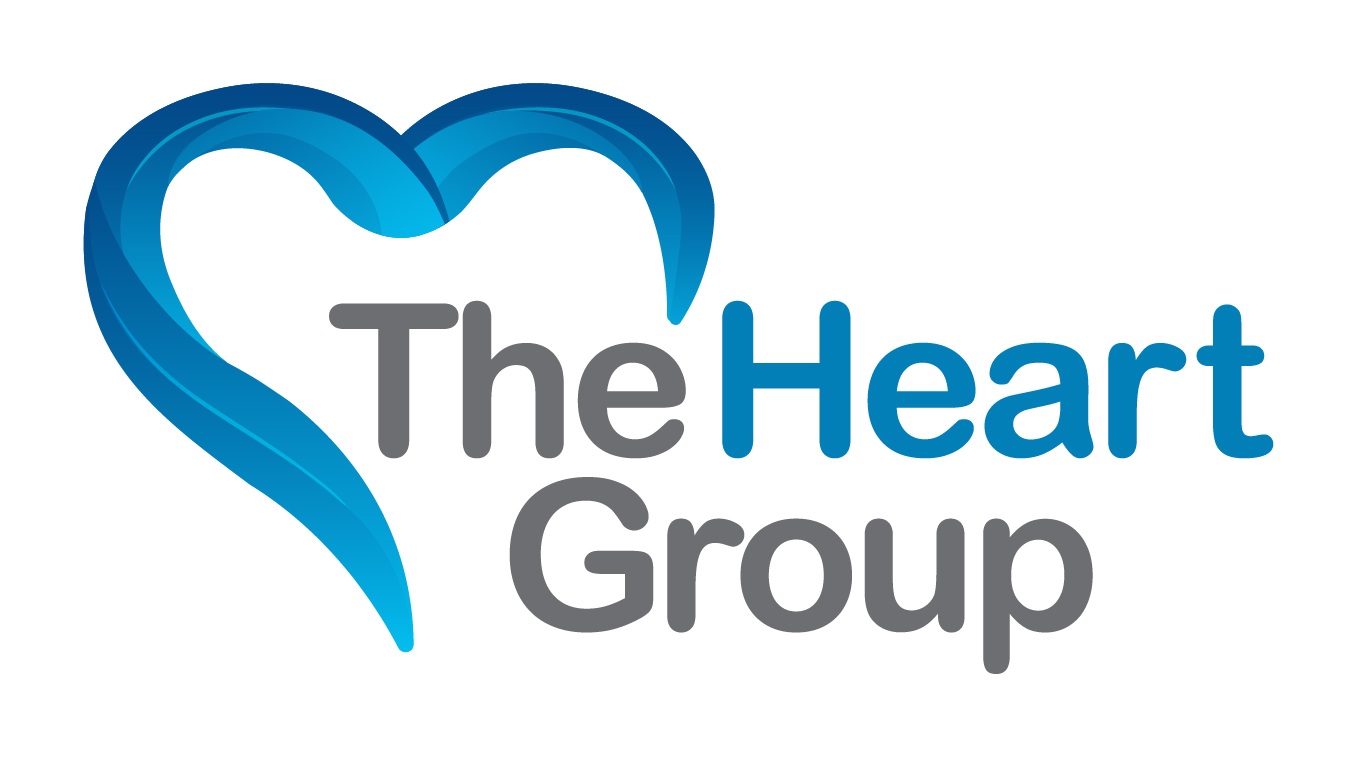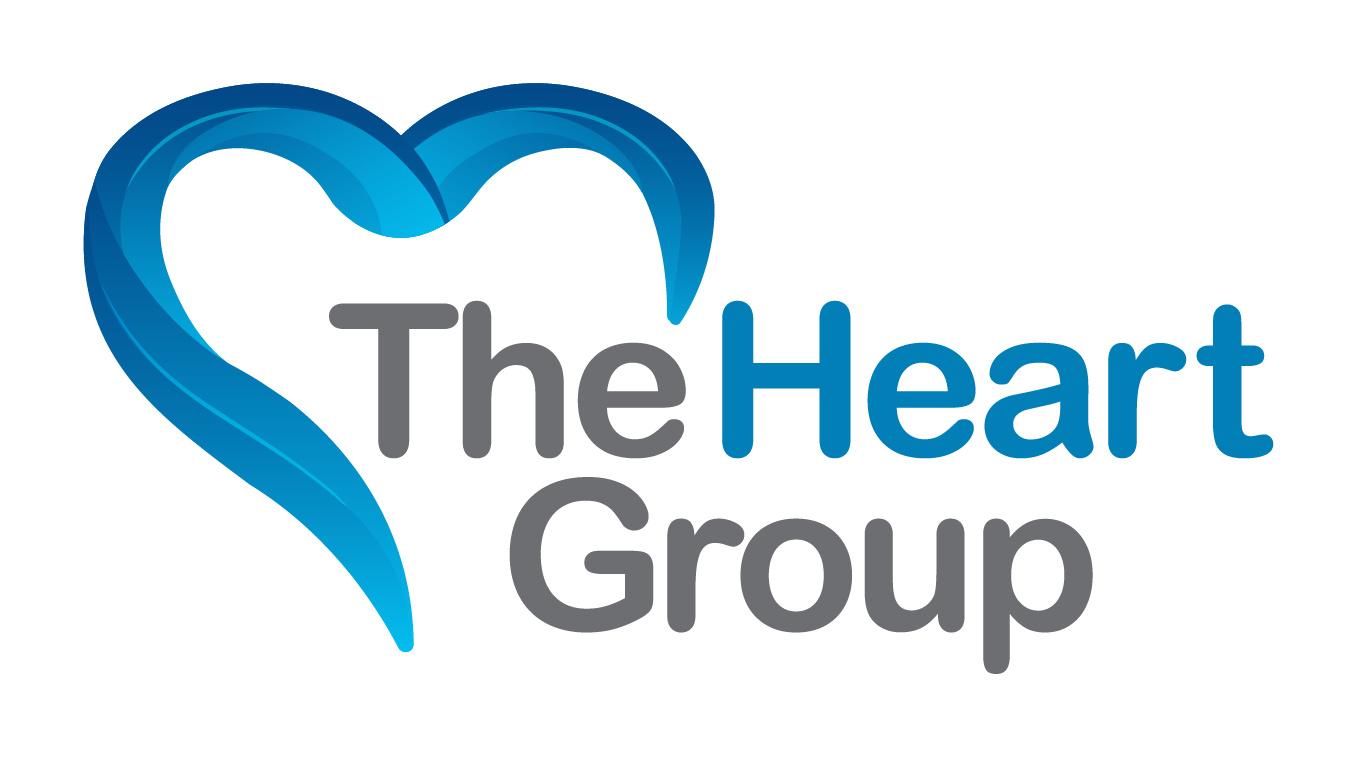Frequently Asked Questions

Q: What are the most common types of heart disease?
A: The most common types include coronary artery disease (blockages in the heart’s arteries), arrhythmias (irregular heartbeats), heart failure, and heart valve problems.
Q: When should I see a cardiologist?
A: See a cardiologist if you have symptoms like chest pain, shortness of breath, palpitations, or unexplained fatigue. You may also be referred if you have risk factors like high blood pressure, high cholesterol, diabetes, or a family history of heart disease.
Q: What's the difference between a heart attack and cardiac arrest?
A: A heart attack occurs when blood flow to a part of the heart is blocked. Cardiac arrest is when the heart stops beating suddenly, often due to electrical disturbances. Both are medical emergencies.
Q: Where can I find reliable information about heart health?
A: Trusted sources include websites of reputable medical organisations like the American Heart Association ([http://www.heart.org](http://www.heart.org)), the National Heart, Lung, and Blood Institute ([http://www.nhlbi.nih.gov/](http://www.nhlbi.nih.gov/)), and government health websites.
Q: Do I need a referral to see a cardiologist?
A: Whether you need a referral depends on your insurance plan and location. Some plans allow direct access to specialists, while others require a referral from your primary care doctor. Check your insurance coverage for details.
Q: What heart-related signs indicate an emergency?
A: Seek immediate medical attention if you experience severe chest pain or pressure, crushing chest pain radiating to your arm/jaw, shortness of breath, sudden dizziness or fainting, or rapid, irregular heartbeat accompanied by weakness.

